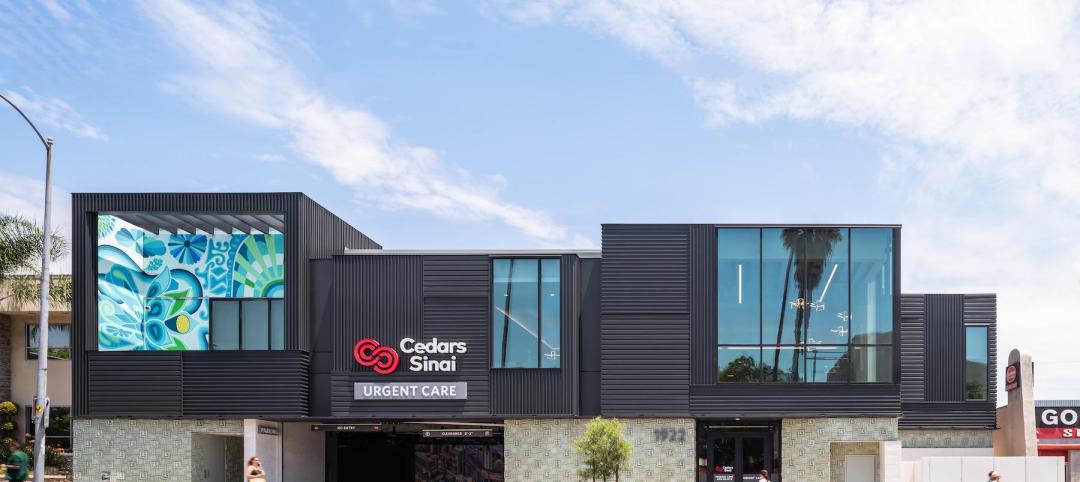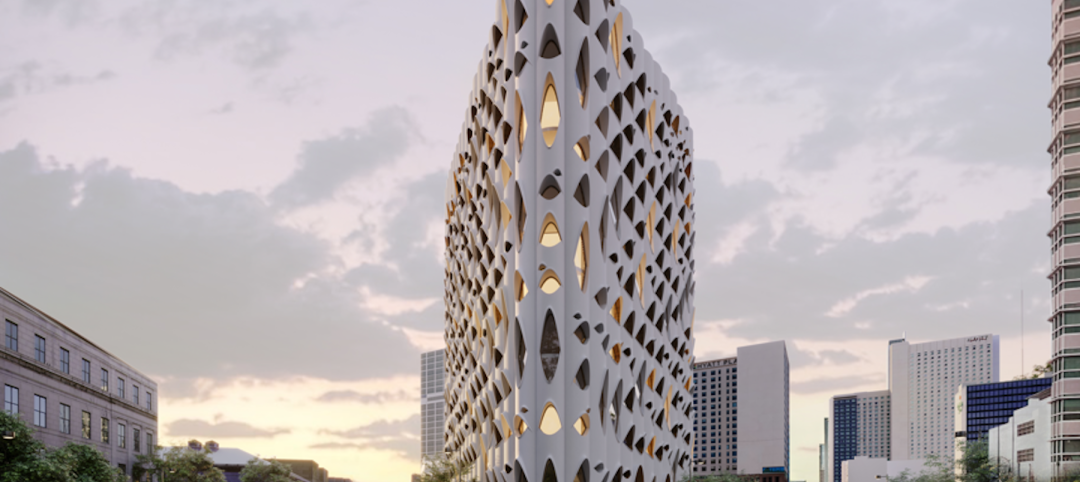3M is playing an important role in the recently announced Better Buildings Challenge, an effort to grow the country's clean energy economy. The initiative aims to improve energy efficiency in commercial buildings by 20% by the year 2020, a move that is projected to reduce energy bills for American businesses by approximately $40 billion per year and to create more than 100,000 jobs.
As a partner in the challenge, 3M has committed to reduce energy use by 25% in 78 of its plants, encompassing nearly 38 million-sf of building space. The company has already achieved significant gains; in 2011 alone, 3M improved energy efficiency in its operations globally by 8.9% compared to the same period last year, and avoided more than $43 million in energy costs. Additionally, more than 150 employee-inspired energy projects helped the company save nearly $7.7 million.
Within 3M, the Renewable Energy Division directs its efforts toward helping customers meet their energy targets by providing energy-saving solutions. 3M Renewable Energy creates products and technologies to advance the solar and wind industries, as well as energy conservation window films for the commercial building sector. These technologies hold significant promise in helping 3M and other participants in the challenge increase energy efficiency. Notable products in 3M's line include:
- Sun Control Window Films, which use non-metalized nano-technology to create reflectivity that's actually lower than glass. These spectrally-selective interior and exterior films reject up to 97 percent of the sun's heat-producing infrared light to help keep buildings cooler.
- Cool Mirror Film 330, a unique, multilayer optical film designed for low concentration, crystalline silicon photovoltaic (low X CPV) installations. The films reflect only the wavelengths of light that can be absorbed by solar cells, substantially reducing the amount of solar energy that can degrade the performance of CPV systems.
"3M has cut its absolute worldwide greenhouse gas emissions by 72 percent from 1990 to 2010," said Tim Thornton, director of 3M Renewable Energy Division's Energy Conservation business. "We are proud to take part in this challenge and to share our knowledge with others, so we can all move toward achieving this ambitious goal." BD+C
Related Stories
| Aug 17, 2022
New York to deploy 30,000 window-sized electric heat pumps in city-owned apartments
New York officials recently announced the state and the city will invest $70 million to roll out 30,000 window-sized electric heat pumps in city-owned apartments.
| Aug 17, 2022
IBM’s former office buildings in Boca Raton turn into a modern tech campus
Built in 1968, the Boca Raton Innovation Campus (BRiC), at 1.7 million square feet, is the largest office campus in Florida.
| Aug 16, 2022
DOE funds 18 projects developing tech to enable buildings to store carbon
The Department of Energy announced $39 million in awards for 18 projects that are developing technologies to transform buildings into net carbon storage structures.
| Aug 16, 2022
Multifamily holds strong – for now
All leading indicators show that the multifamily sector is shrugging off rising interest rates, inflationary pressures and other economic challenges, and will continue to be a torrid market for design and construction firms for at least the rest of 2022.
| Aug 16, 2022
Cedars-Sinai Urgent Care Clinic’s high design for urgent care
The new Cedars-Sinai Los Feliz Urgent Care Clinic in Los Angeles plays against type, offering a stylized design to what are typically mundane, utilitarian buildings.
| Aug 15, 2022
IF you build it, will they come? The problem of staff respite in healthcare facilities
Architects and designers have long argued for the value of respite spaces in healthcare facilities.
| Aug 15, 2022
Boston high-rise will be largest Passive House office building in the world
Winthrop Center, a new 691-foot tall, mixed-use tower in Boston was recently honored with the Passive House Trailblazer award.
Architects | Aug 12, 2022
Goettsch Partners names James Zheng, CEO, and Paul de Santis, Co-design Director
Global architecture firm Goettsch Partners (GP) announces that James Zheng, AIA, LEED AP, has been named CEO, and Paul De Santis, Assoc. AIA, LEED AP, joins James Goettsch, FAIA, as co-design directors for the practice. As the primary partners in the firm, the three have worked closely together for more than 17 years. Goettsch will also continue to serve as chairman while Zheng now assumes the full CEO title as well as president.
| Aug 12, 2022
Monthly Construction Input Prices Decreased 2% in July, Up 17% From a Year Ago, Says ABC
Construction input prices decreased 1.8% in July compared to the previous month, according to an Associated Builders and Contractors analysis of U.S. Bureau of Labor Statistics’ Producer Price Index data released today.
Hotel Facilities | Aug 12, 2022
Denver builds the nation’s first carbon-positive hotel
Touted as the nation’s first carbon-positive hotel, Populus recently broke ground in downtown Denver.

















